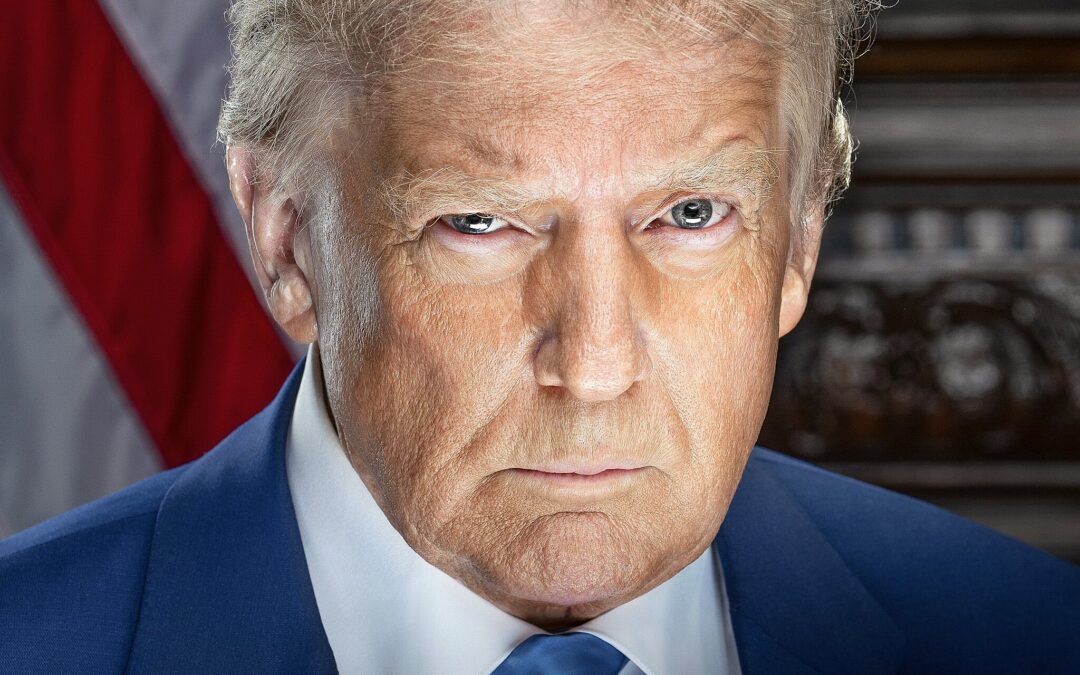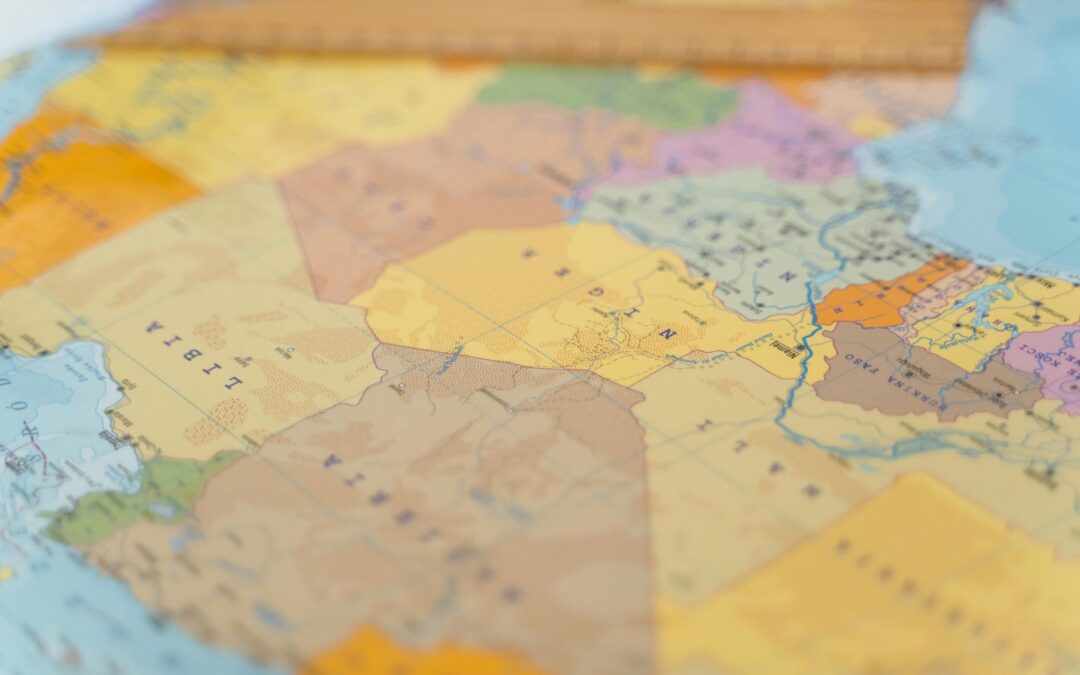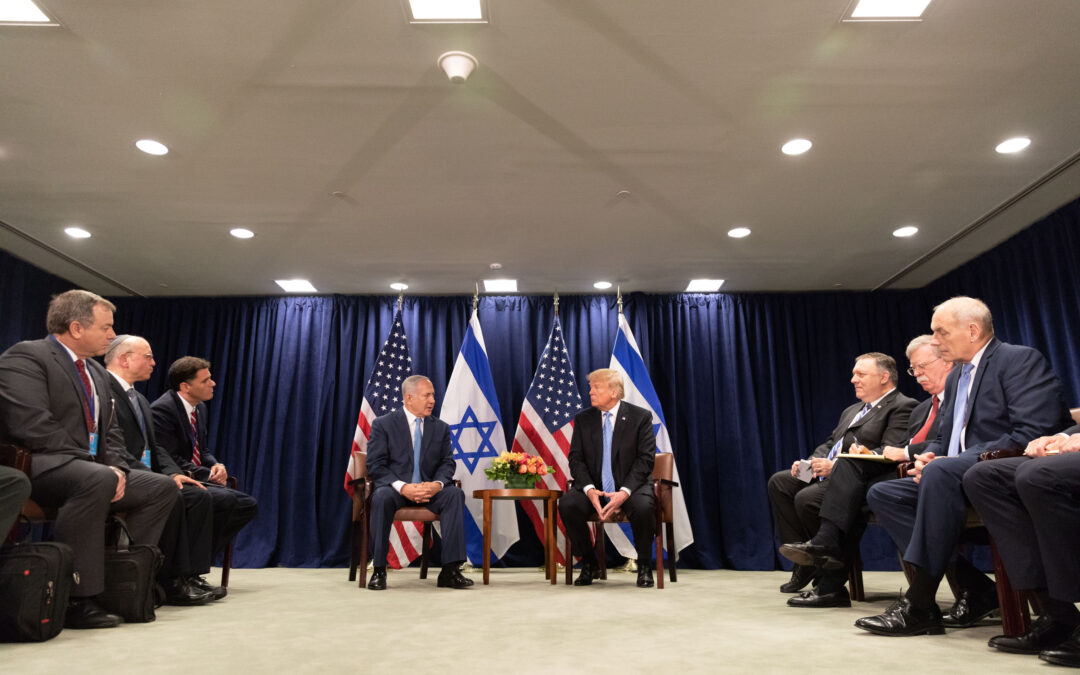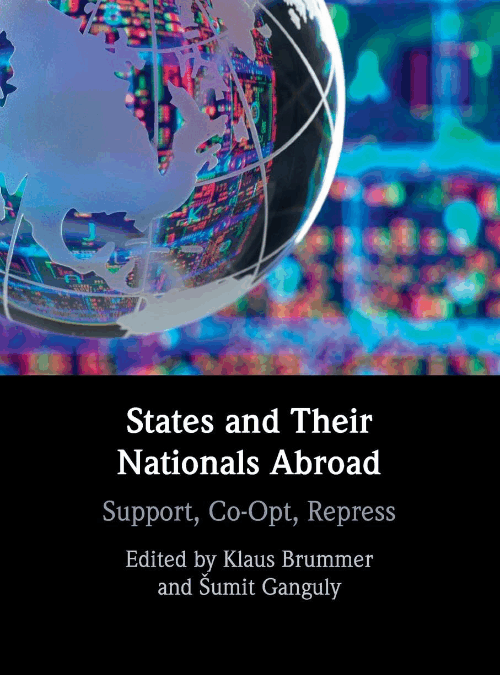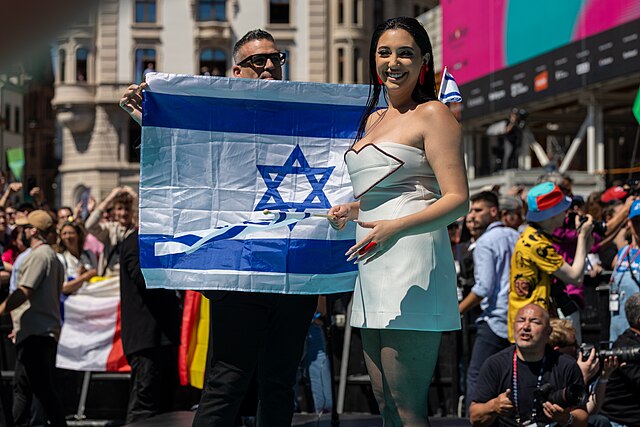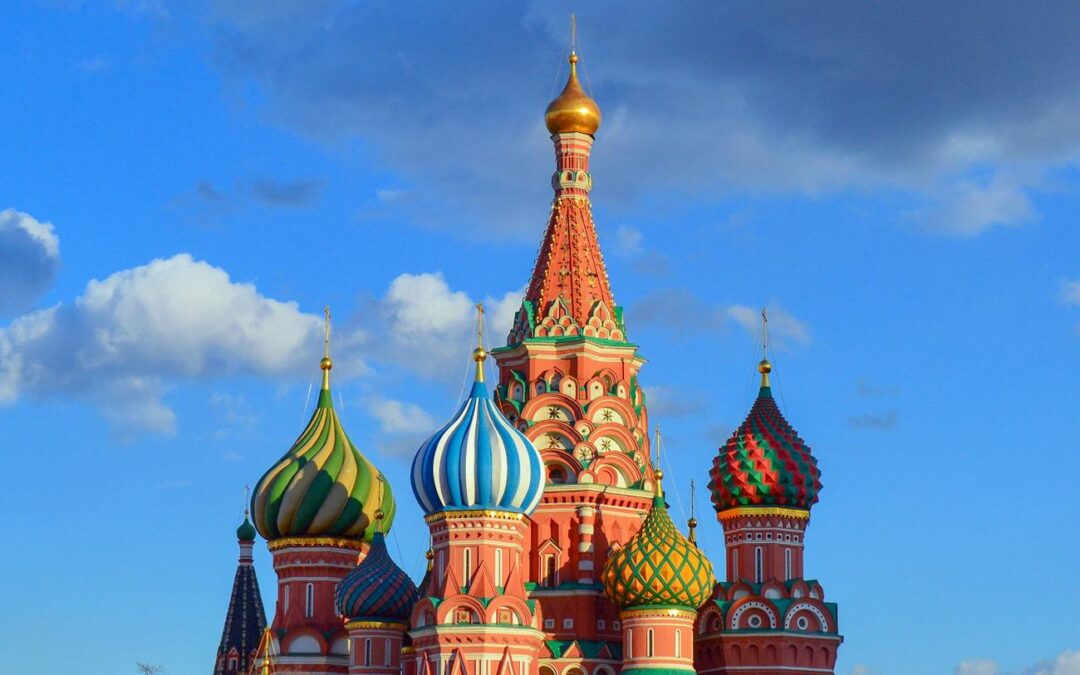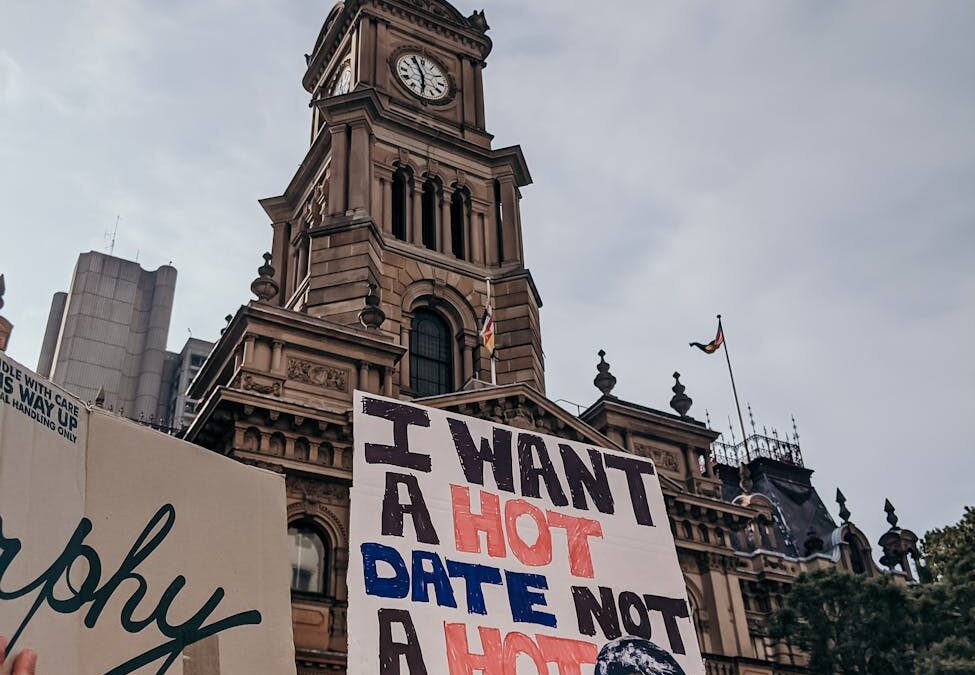And in despair I bowed my head; "There is no peace on earth," I said;"For hate is strong, And mocks the song Of peace on earth, good-will to men! Thanks for reading The Duck of Minerva! Subscribe for free to receive new posts and support my work. -Henry Wadsworth...
